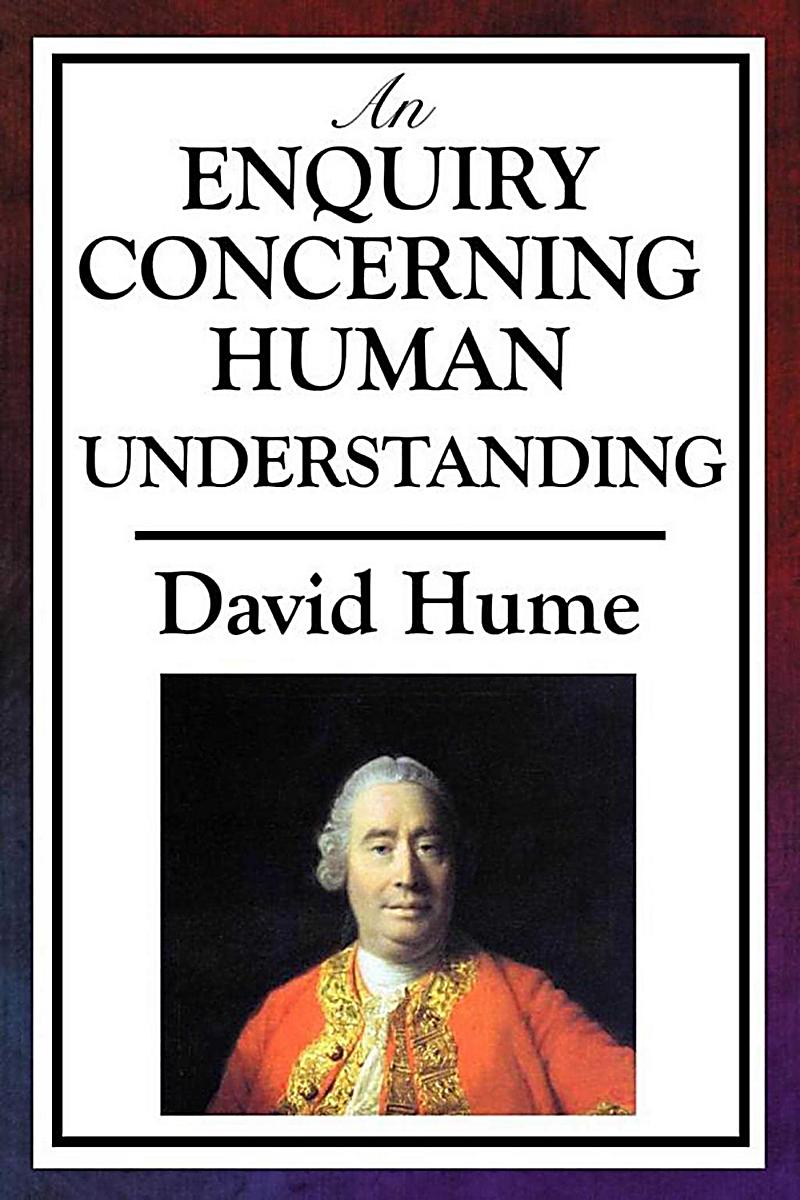Written Review
Reading David Hume's An Enquiry Concerning Human Understanding is like trekking through a desert with no end in sight. The journey is long, arduous, and at times, it feels like the only reward at the end is a deep sigh of relief. For anyone interested in diving into this 18th-century philosophical work, brace yourself—this is not a casual read. It's a deep dive into a sea of abstraction, and unless you're well-versed in philosophical discourse, you might find yourself floundering.
The first thing that strikes you about Hume's writing is its dryness. I knew going in that this wouldn't be a page-turner, but nothing could have prepared me for just how brutal this book would be. Hume is, no doubt, a brilliant thinker. His contributions to philosophy are significant, especially his ideas on empiricism and skepticism. But the way he presents these ideas is, to put it mildly, torturous. The language is dense, the arguments are complex, and the examples—if they can even be called that—are as dry as the Sahara.
One of the most challenging aspects of this book is Hume's writing style. It's formal, rigid, and often feels like wading through mud. There's a lack of flow to his prose that makes the text feel stilted and mechanical. Every sentence is a slog, and after a while, you find yourself desperately wishing for just one moment of clarity or levity to break up the monotony. But that moment never comes. Instead, you're left grappling with paragraph after paragraph of what feels like intellectual gymnastics, with Hume constantly jumping through hoops to prove his points.
The content itself is undeniably important. Hume's examination of human understanding, particularly his analysis of cause and effect, perception, and the limits of human knowledge, is foundational to modern philosophy. However, the way he communicates these ideas is so dry and convoluted that it's hard to stay engaged. There are moments when you catch glimpses of the brilliance behind the text, but they're fleeting and buried under layers of tedious exposition.
For someone studying philosophy or with a strong interest in the history of ideas, An Enquiry Concerning Human Understanding is an essential read. But for the average reader, or even someone with a passing interest in philosophy, it's a tough sell. The ideas might be groundbreaking, but the delivery is anything but engaging. This is a book that demands your full attention, and even then, it often feels like more of a chore than an enlightening experience.
In summary, Hume's An Enquiry Concerning Human Understanding is a significant work in the history of philosophy, but it's not for the faint of heart. The writing is dry, the arguments are complex, and the experience of reading it is, to be honest, quite brutal. Unless you're specifically seeking out a challenge or have a deep interest in philosophical texts, you might want to steer clear of this one. Reading it was like running a marathon with no finish line in sight—exhausting, frustrating, and ultimately not very rewarding.
